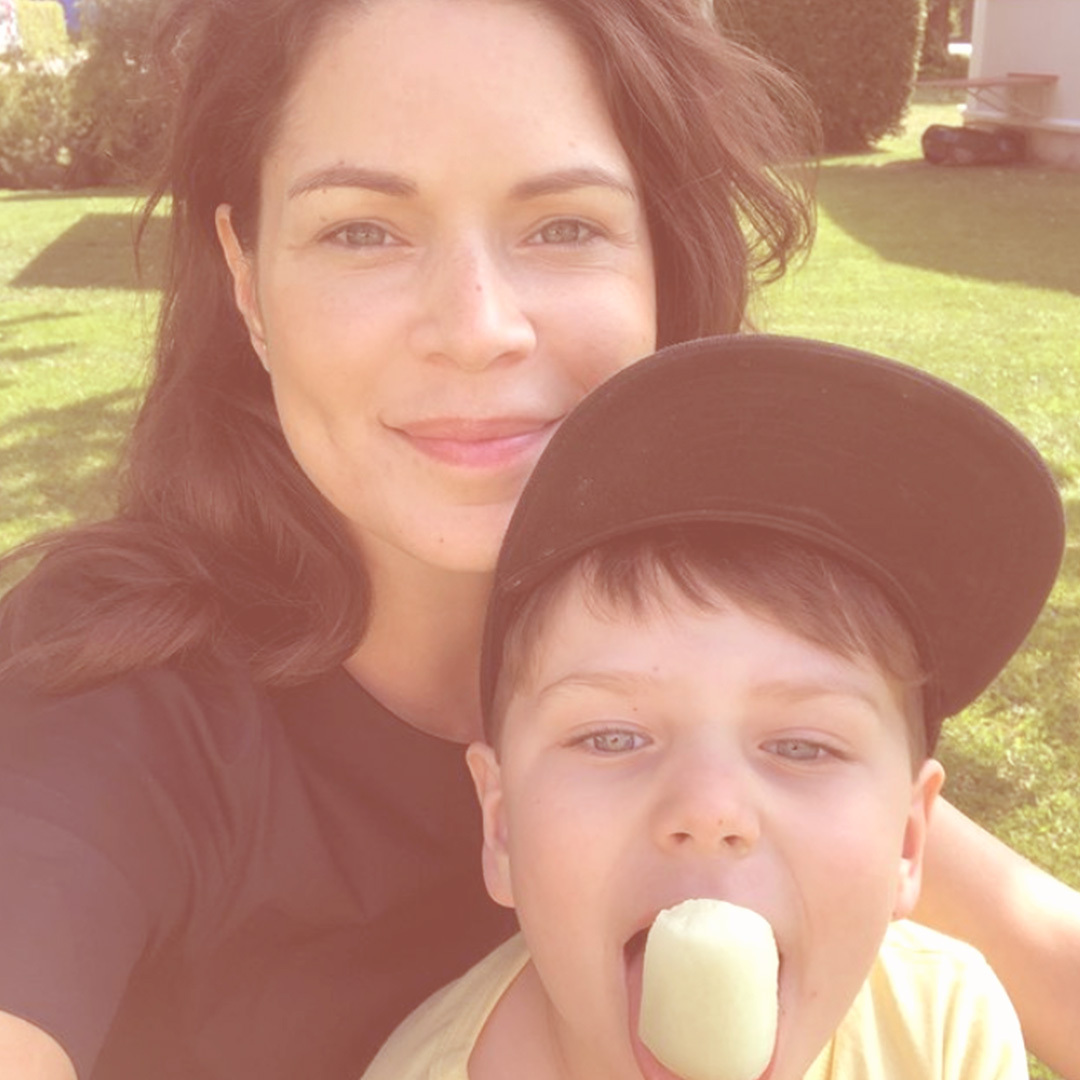Are fertility struggles getting the better of your mental well-being?

This article is written together with Tilly, a mental health app specifically designed for supporting fertility patients.
When you face issues to conceive or baby loss, it’s natural to get caught up in physical aspects like understanding what can be tested and your treatment options. Your doctors often focus on these things as well and rightly so; they are crucial pieces of the infertility puzzle. But at some point you might feel that your fertility struggles are getting the better of your mental well-being..
Infertility and baby loss is a unique and often stigmatized experience. Because of the lack of conversations about it in society, the emotional burden is not well understood and often underestimated. You may experience that you struggle with getting the support you need from friends and family. And you may even have a hard time accepting your own feelings, let alone talk about them.
It may help to know that you are not alone. Did you know that fertility patients experience the same high stress levels as those diagnosed with cancer? (add source) And that a majority of fertility patients are battling depression and anxiety (add source). And that it does not even end when the baby comes - some research indicates that fertility patients are sadly also at a higher
risk of postpartum depression. And for those of us experiencing baby loss, research has shown that up to 65% experience PTSD afterwards (add source).
So whatever you are feeling, it is common and it is normal.
Signs that your mental health has been affected by infertility:
• You don’t find pleasure in things that used to bring you joy.
• You feel stressed or anxious.
• You often feel jealous, guilty, angry, resentful or hopeless.
• You have trouble focusing on anything other than infertility.
• You do not have as much energy as you used to.
• You feel fearful of the future, or struggle with the uncertainty of the future.
• You isolate yourself from friends and family, and find it difficult to ask for support.
How can I find support?
There is no way to fully prepare or control your journey, and there is no way to entirely eliminate all difficult emotions or experiences during fertility struggles.
One thing that does help you battle emotional stress and mental struggles is the support you get from your clinic. That you feel seen, that your feelings are considered valid and that you feel that there is a bond of trust between you..
There are also tools that can help support you through fertility struggles, and make it easier to cope. Techniques that can help you better cope with whatever it is that you’re feeling, and prevent it from completely taking over your life.
Many research-based methodologies like Cognitive Behavioural Therapy, CBT and ACT, Acceptance Therapy, ACT have proven successful in helping patients manage depression, anxiety and stress. Those techniques can be used in therapy with a mental health professional but have been shown to work well in digital formats. Relaxation techniques like mindfulness and yoga have also been shown to increase mental and emotional well-being. The great thing about learning these tools is that they can not only help you stay sane during fertility struggles, they are also techniques that can help you cope better with future challenges as well.
If you want to find out more about how fertility struggles can affect your mental health and find tools to work on finding a better emotional balance head over to our friends at Tilly. Tilly is an app specifically adapted to support fertility patients' mental wellbeing, full of self-care exercises, fertility yoga and meditation, available in English. Just like Bumpy, it was created by two ladies who have experienced fertility struggles and baby loss themselves, and now they have teamed up with mental health professionals to create an app designed to help you stay sane during infertility.
https://mytilly.co/en


Andere Artikel

Samantha's Story
Ich wusste von Anfang an, dass es schwierig sein würde, mit meinem Partner ein Kind zu bekommen. Als... Artikel lesen

Unfruchtbarkeit des Mannes
Die Definition männlicher Unfruchtbarkeit liegt dann vor, wenn die Ursache der Unfruchtbarkeit bei e... Artikel lesen

Endometriose
Die Europäische Gesellschaft für menschliche Reproduktion und Embryologie (ESHRE) hat kürzlich eine ... Artikel lesen
.jpg?alt=media&token=912e3772-6724-4c20-a29e-201478dda308)
Intrauterine Insemination
Die intrauterine Insemination (IUI), auch künstliche Befruchtung genannt, ist eine Art der Fruchtbar... Artikel lesen

Jessica Olers's Story
Manchmal läuft es nicht wie geplant. Seit ich klein war, habe ich von einer großen Familie mit viele... Artikel lesen

Jessica’s Story
Ich war dreimal schwanger. Während ich dies hier schreibe, bin ich schwanger. Aber ich spüre es nich... Artikel lesen

Klara’s Story
Unsere Kinderwunschzeit begann vor zwei Jahren. Der Prozess verlief überhaupt nicht so, wie wir es e... Artikel lesen
.jpg?alt=media&token=fc32a2e6-a127-4170-b5fb-b9338770ed1a)
Die Auswirkungen von Vitamin D auf die Fruchtbarkeit
Vitamin D ist ein Vitamin, das in der Haut durch Sonneneinstrahlung (UVB-Strahlung) synthetisiert wi... Artikel lesen

Veronica’s Story
Babies machen. Heutzutage hat dies eine völlig andere Bedeutung. Im Februar 2019 entschieden wir, da... Artikel lesen

Tova’s Story
Das ist #mybumpystory – eine emotionale Achterbahnfahrt mit wiederholten Fehlgeburten und hoffentlic... Artikel lesen